I can’t be the only one who eats healthy all day, then when the evening comes, starts snacking on anything available. But these pre-bed munchies can not only sabotage any weight loss goals, it can also wreak havoc on your sleep.
For a low resting heart rate and a body that’s ready to sleep, you shouldn’t eat within two hours of bedtime. An early meal time means that by the time you go to bed, you've stopped digesting your food and you won’t risk heart burn or reflux while trying to drift off. Your sleep will also benefit because your blood sugar levels will be stable, rather than experiencing peaks in the night that might wake you up.
However, if you’re hungry, you’re hungry! By ensuring you eat the right, nighttime snacks you can avoid disrupting your diet and your rest (in fact, you might even sleep better.)
So, we’ve asked the professionals to help us out by suggesting healthy, sleep-friendly late night snacks. Shelley Balls, MDA, RDN, LDN, a registered dietitian and nutritionist for Consumer Health Digest and Dr Hana Patel, NHS GP and resident sleep expert at Time4Sleep have shared what to look for in a nighttime snack and their top six recommendations.
Healthy nighttime snacks to help you sleep
1. Whole wheat toast with sliced avocados
You can’t go far wrong with toast — as long as you use whole wheat bread and avoid overprocessed loaves. Shelley suggests pairing your toast with avocados, saying they are “filled with healthy unsaturated fats, dietary fiber, and a variety of vitamins and minerals that promote overall health.” Avocado might even help promote sleep, Shelley argues, because they contain magnesium, potassium, folate, and tryptophan, all of which have been linked to sleep quality.
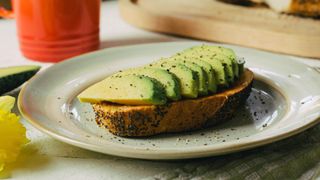
So, this snack is good for sleep, but is it healthy? Absolutely. “Avocados are high in unsaturated fats which have been shown to reduce the risk for chronic diseases such as diabetes and heart disease,” Shelley says. These healthy fats are essential in our diet. On top of this, she adds that “avocados are also a good source of dietary fiber, in fact, approximately 30% of the fiber in avocados is prebiotic fiber. Prebiotic fiber is needed to feed a healthy microbiome.”
2. Air-popped popcorn drizzled with warmed creamy peanut butter
Popcorn is a healthy, low calorie snack and it’s super easy to make. Shelley suggests this as the perfect nighttime snack because “whole grains, including oats, quinoa, brown rice, breads, tortillas, cereals, etc. are a good source of phytonutrients, melatonin, and tryptophan. These nutrients have been shown to be important for quality sleep.”
Drizzling your popcorn is a nut butter, like peanut butter, will not only make it feel like you’re treating yourself to an indulgent sweet snack, it’ll also add some fantastic sleep-inducing nutrients like tryptophan, melatonin, serotonin, zinc, and phytonutrients.
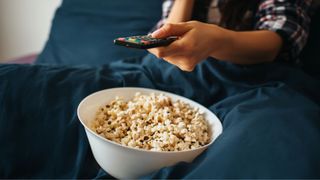
3. A glass of cow’s milk
There’s a reason warm milk is a popular pre-bed snack. "Dairy products, like yoghurt, milk and cheese, contain an amino acid called tryptophan that helps us get to sleep more easily," explains Dr Patel. "The calcium in these foods also helps with reducing stress and producing melatonin, a hormone that helps you fall asleep.”
She suggests opting for a simple glass of milk. "Milk, like other dairy products, contains tryptophan which does help us get to sleep. While a normal amount of milk will not cause drowsiness, the warmth of a hot glass before bedtime may help you relax,” says Dr Patel.
And, from a weight loss perspective, Shelley agrees, saying a “glass of cow’s milk contains the perfect combination of carbs, protein and fat making it a great evening snack if you are feeling slightly hungry.”

4. Cherries
The benefits of tart cherries have been doing the rounds on social media, with users praising the ‘Sleepy Girl Mocktail’ (combining tart cherry juice with magnesium supplements) for its sleep-inducing effects.
And for good reason, because the science holds up. Dr Patel explains; “cherries can help your sleep as they contain high amounts of melatonin. Tart cherries are more effective than sweeter ones as they have a small amount of both melatonin and tryptophan. Not only can they help you to fall asleep, but they also encourage you to sleep for longer.”
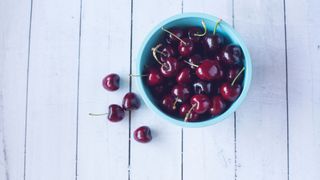
Shelley observes that “in one study, cherry consumption at lunch and dinner showed positive sleep outcomes,” adding “cherries are a good source of antioxidants, and dietary fiber, aiding in weight loss efforts.” It’s a win-win. You can enjoy a tasty dessert-like snack, a deep, restful sleep, and stick to your weight loss goals.
5. Almonds
Almonds are often suggested as a snack for weight loss because they're packed with nutrients and protein, to help you feel more full. Dr Patel adds that “almonds are rich in magnesium, which promotes both relaxation and sleep. Magnesium also helps to regulate melatonin, which guides the sleep-wake cycle in our bodies. On a physical level, it helps our muscles relax and regulates muscle contractions."
And you don't have to worry about blood sugar spikes keeping you up because almonds actually help regulate our blood glucose levels. Dr Patel explains that they "contain nutrients that help to slow digestion” meaning a handful before bed won't send your blood sugar levels up during the night.
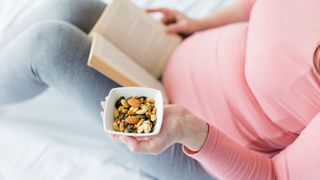
6. Celery sticks and dip
Vegetables don’t have to be boring. Shelley suggests “pairing vegetables with a protein dip for a nutrient dense night-time snack option.” This can be any vegetable you like, but Shelley has some tasty examples such as pairing celery or peas with a homemade peanut butter dip (combine one tbsp. peanut butter with one tbsp. vanilla Greek yogurt) or dipping carrots and broccoli in cottage cheese.
The health benefits of snacking on vegetables is obvious (essential nutrients and vitamins and low calories,) but they’re also packed with phytonutrients and serotonin that can promote sleep.
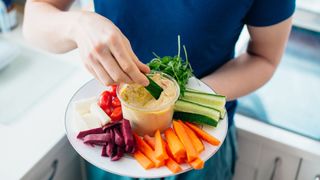
What foods and drinks should we avoid for a good night’s sleep?
1. Chocolate and other sweet treats
Although reaching for your favorite bar of chocolate might bring you comfort in the evening, it’s best avoided before bed. “Although it’s delicious, chocolate does contain caffeine, which interferes with your body’s ability to get enough deep sleep. This is especially true for dark chocolate as it contains more caffeine than milk chocolate,” says Dr Patel. “I recommend avoiding caffeine for at least two hours before going to bed.”
In general, foods high in sugar should be given a miss. Dr Patel explains, “eating high-sugar foods before going to bed can cause your blood sugar levels to spike before eventually crashing. This fluctuation can disrupt your sleep and make you feel more restless.”
2. Spicy foods
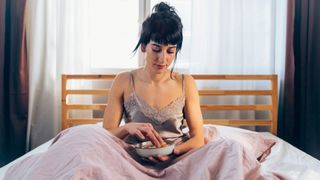
Curries and other foods with high spice levels are another poor choice for a late night snack. Dr Patel explains spicy foods “can cause digestive discomfort, like heartburn and indigestion, as well as a raised body temperature from the capsaicin found in chillies, which makes it much harder to get a comfortable sleep.”
If you eat spicy foods late at night, you’re likely to stay awake for a while as you digest it. “Your body has to work harder to digest spicy food, which means it is less able to focus on relaxing for sleep,” says Dr Patel.
3. Alcohol and caffeine
While a glass of wine after dinner might make you drowsy, your quality of sleep will be greatly reduced if you consume alcohol in the evening. Alcohol disrupts the amount of REM sleep you have while increasing the amount of time you spend in the light sleep phase, making nighttime waking more likely.
Another drink to avoid is anything with caffeine (including tea.) Caffeine has a half life of 5 hours, meaning it can remain in your system even 10 hours after consuming it, making it difficult to fall asleep. My advice? Don’t consume any caffeine after midday.
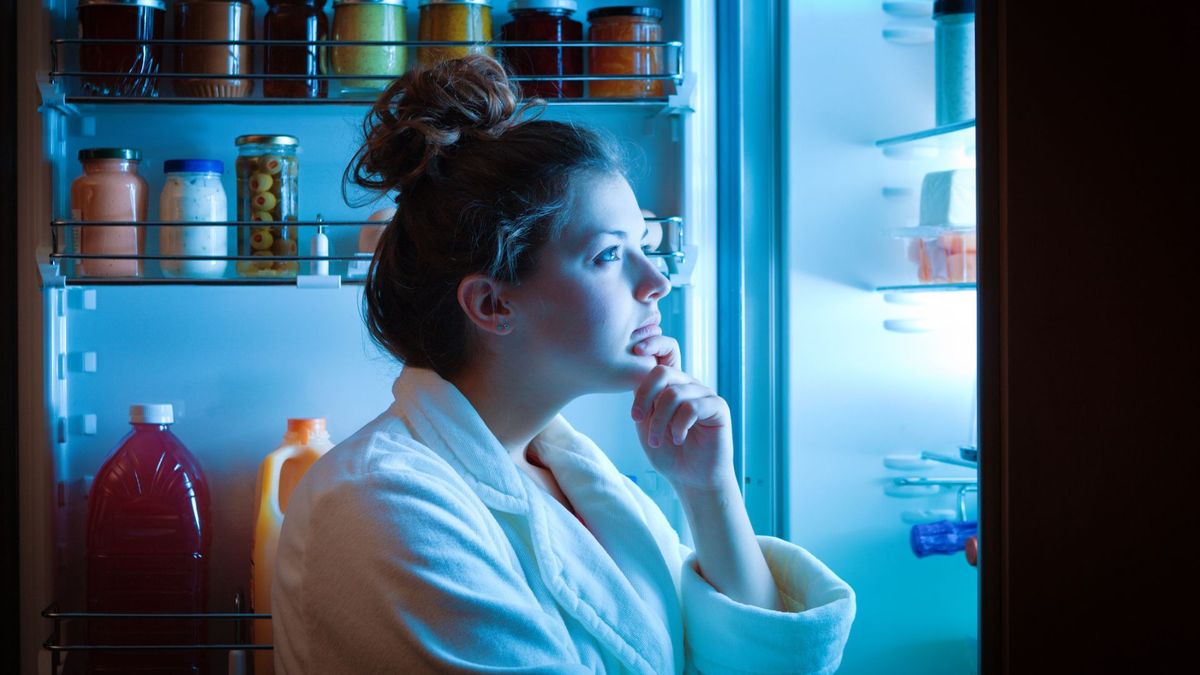

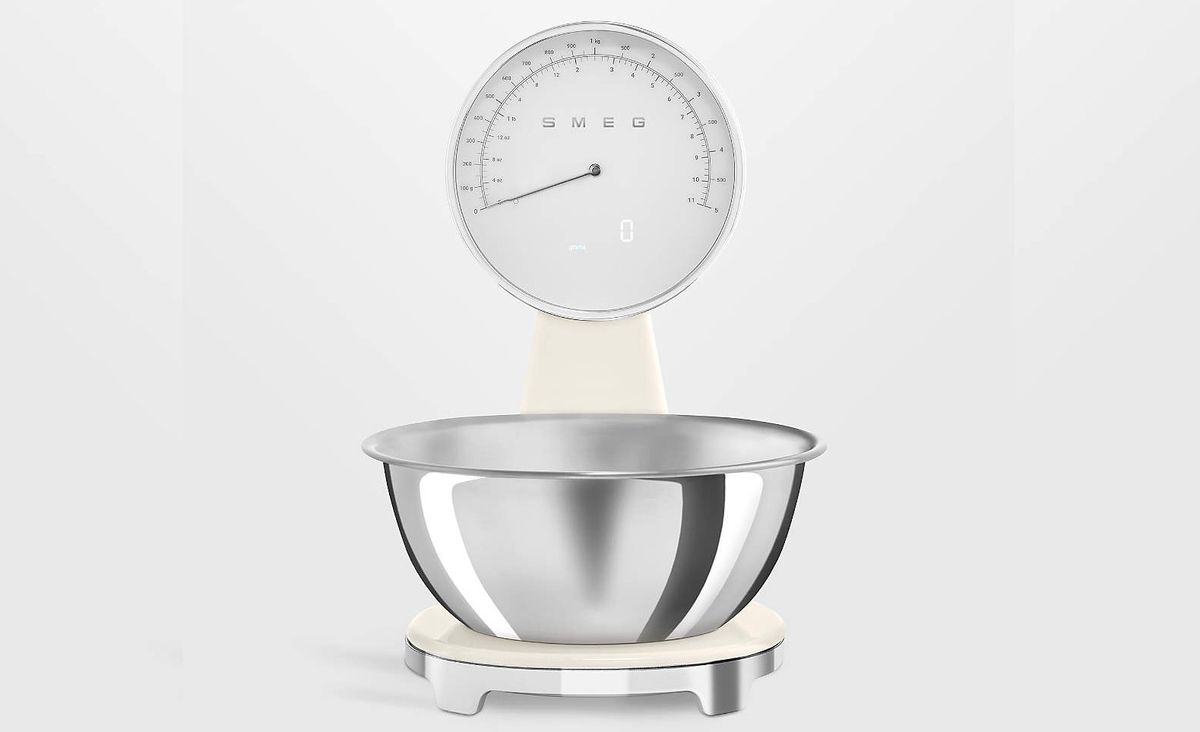
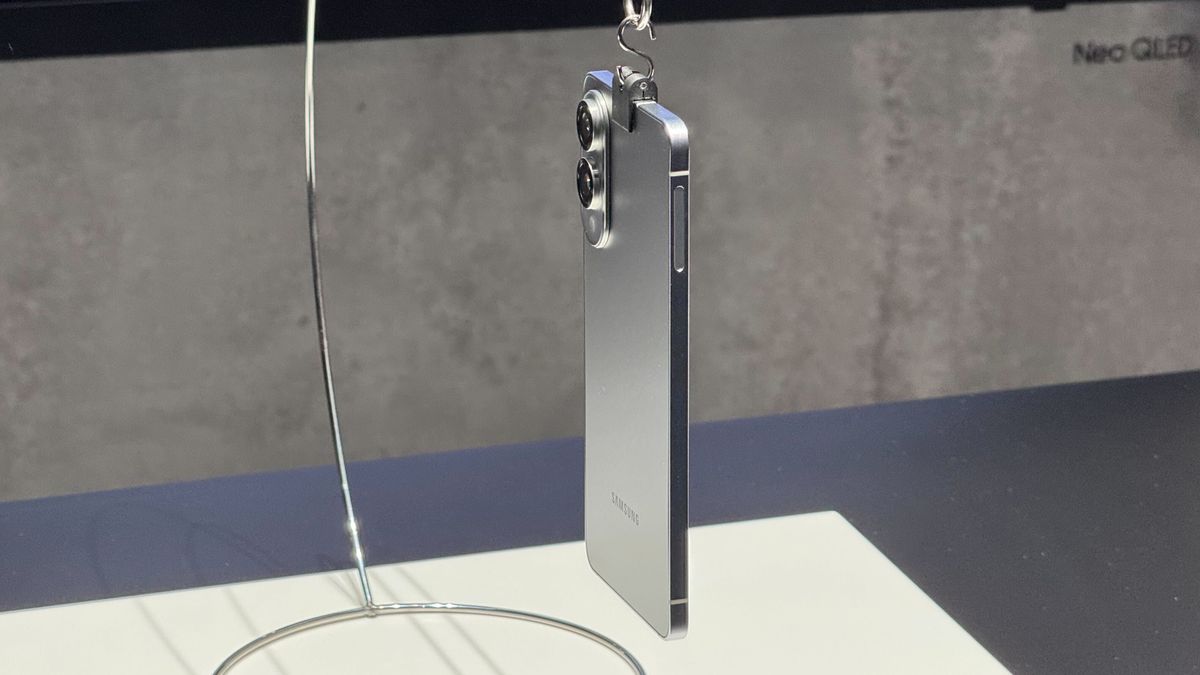
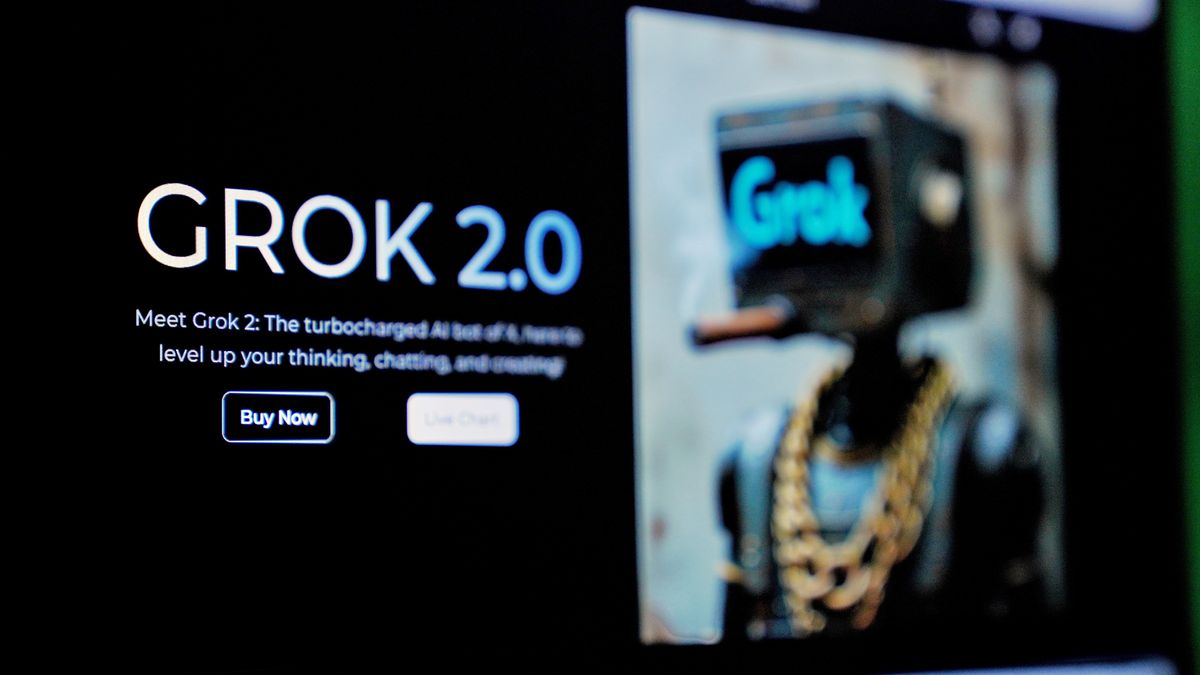
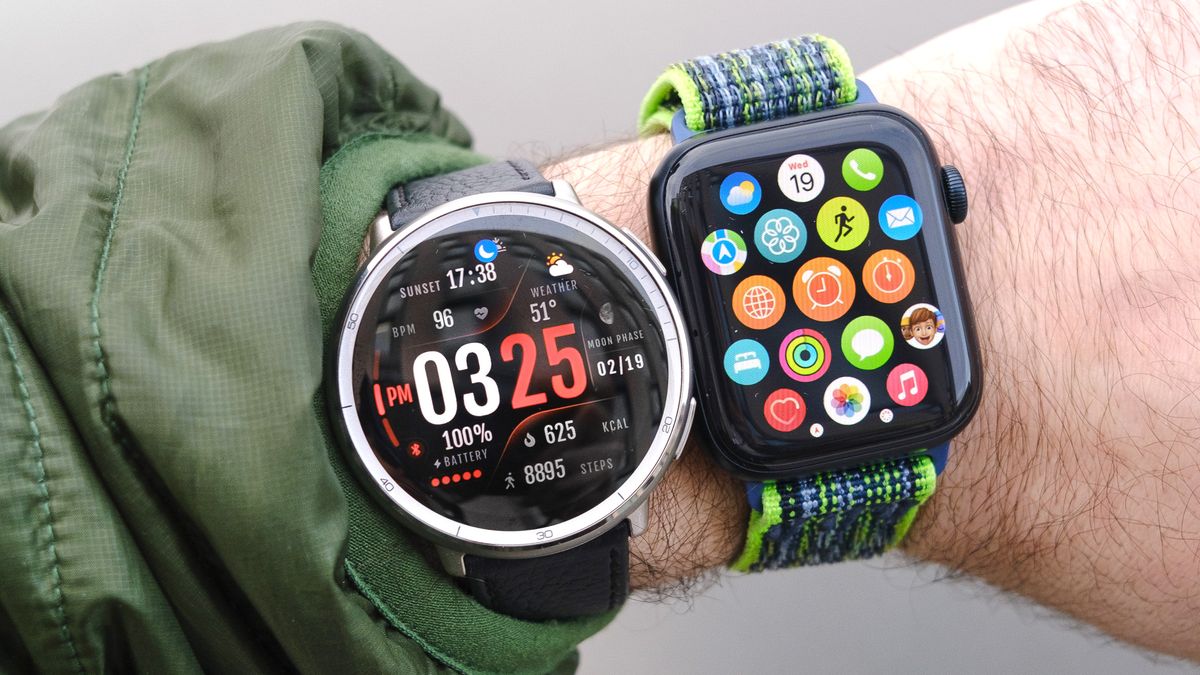
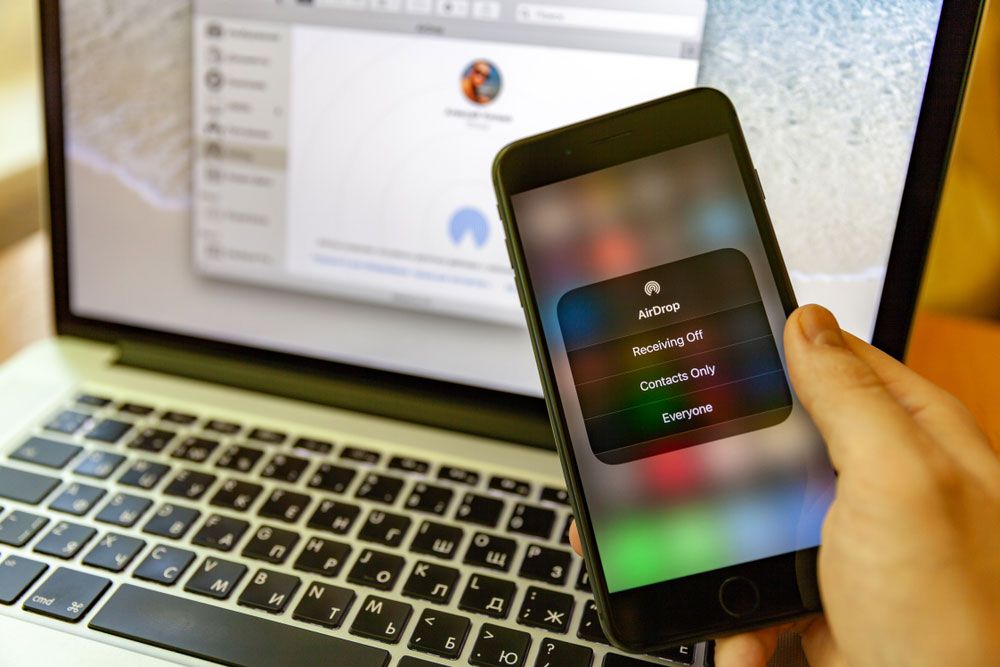

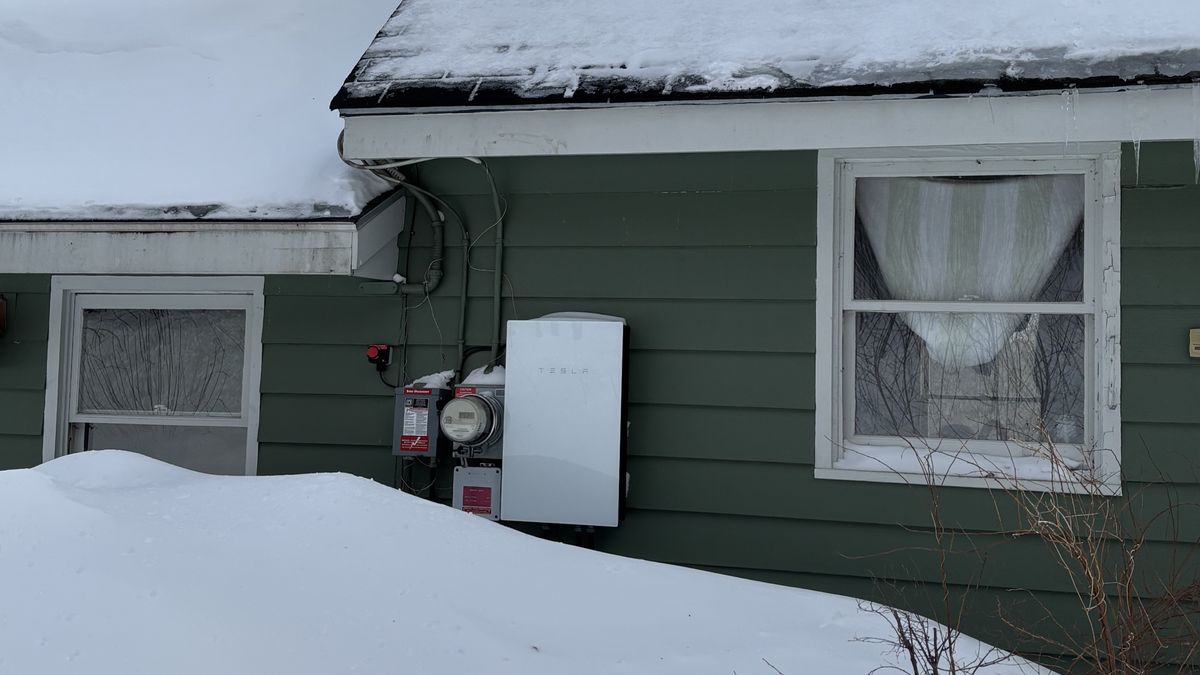









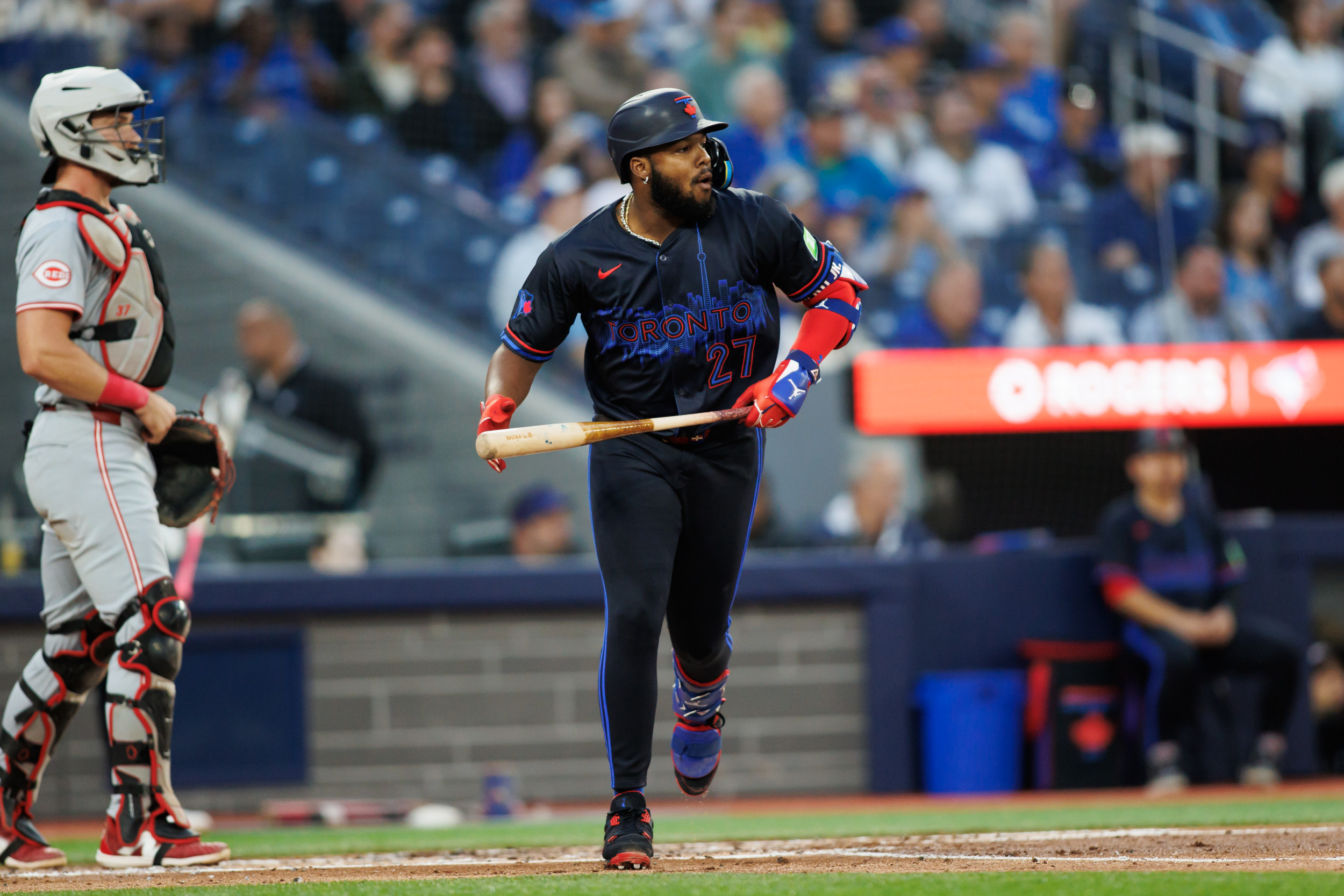


 English (US) ·
English (US) ·